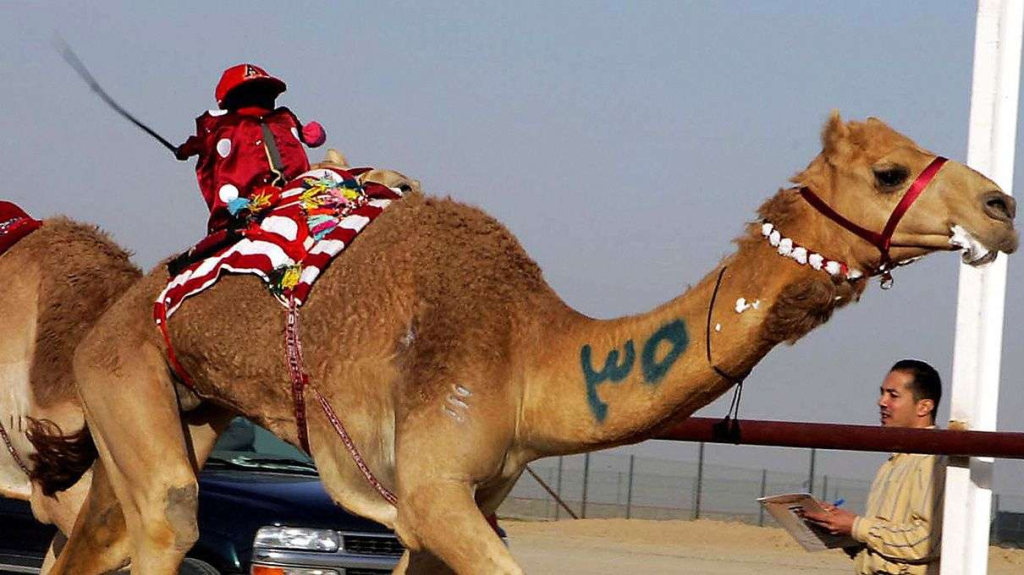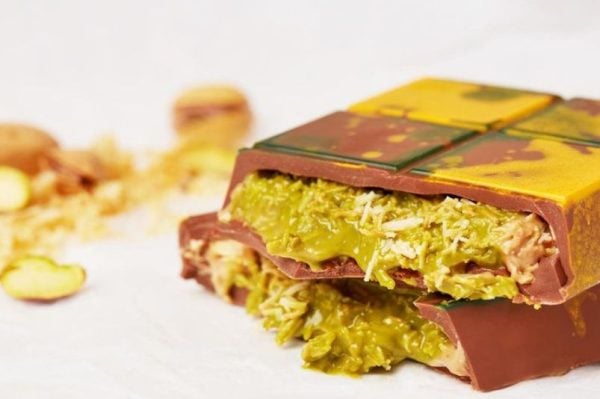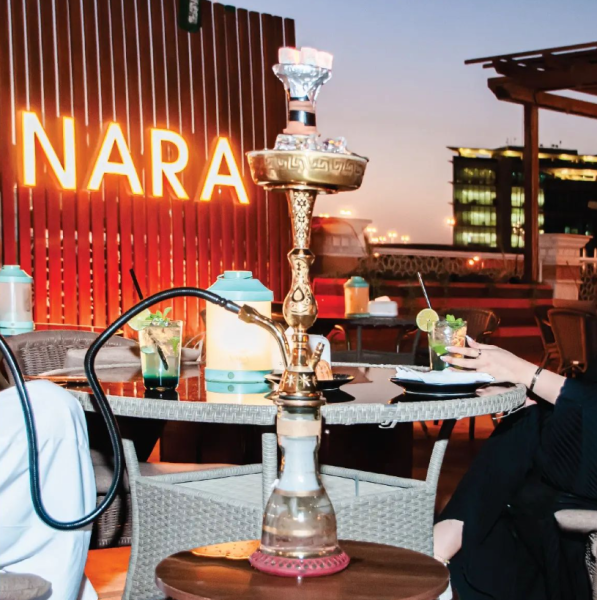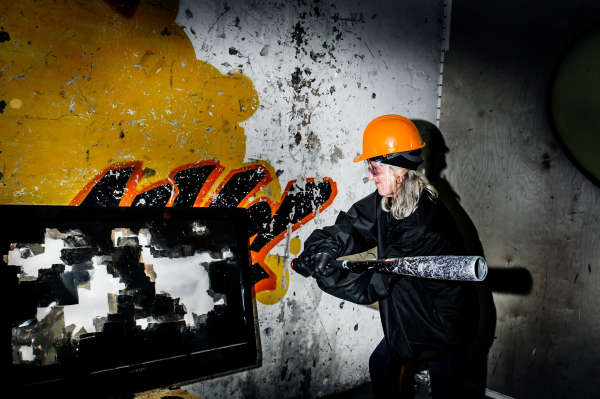Camel Beauty Contests, Races & Lattes: How Saudi Arabia’s National Animal Stays Relevant
When we think of Saudi Arabia’s national animal, the camel, we picture a desert survivor with long lashes and a steady pace across endless dunes. But the camel’s story is a tale that stretches from ancient Bedouin life all the way to today’s beauty pageants, high-speed races, and even camel milk lattes.
The Desert’s Ultimate Survivor

For centuries, camels were the backbone of life in the Arabian Peninsula. They carried caravans across harsh deserts, provided milk and meat, and even gave people wool and leather for daily use. In a world where survival meant adapting to extreme heat and little water, the camel was nothing short of miraculous.
From Tradition to Glamour

Fast forward to today, and the camel has gone from survival partner to superstar. In Saudi Arabia, camel beauty pageants are serious business—complete with massive cash prizes and international attention. Judges look at everything from long legs to perfectly shaped humps, and yes, competition is fierce!
Racing with Robots

Then there’s camel racing. What was once a Bedouin pastime has become a high-tech sport, with camels sprinting at up to 65 km/h while robot jockeys guide them by remote control. It’s one of the Kingdom’s most thrilling modern traditions, blending heritage with innovation.
From Milk to Burgers
But camels aren’t just about entertainment, they’re also part of a growing food culture. Camel milk cafés have popped up, offering creamy lattes and smoothies packed with nutrients. Camel meat is making its way into burgers, giving foodies a taste of something authentically Saudi with a modern twist.
Why the Camel Still Matters
From desert caravans to café menus, the camel continues to shape Saudi Arabia’s story, being its national animal. It’s a living symbol of resilience, heritage, and reinvention.
So next time you spot a camel in the desert or sip on a camel milk latte in Riyadh, remember: you’re experiencing a piece of history that’s still evolving today.





